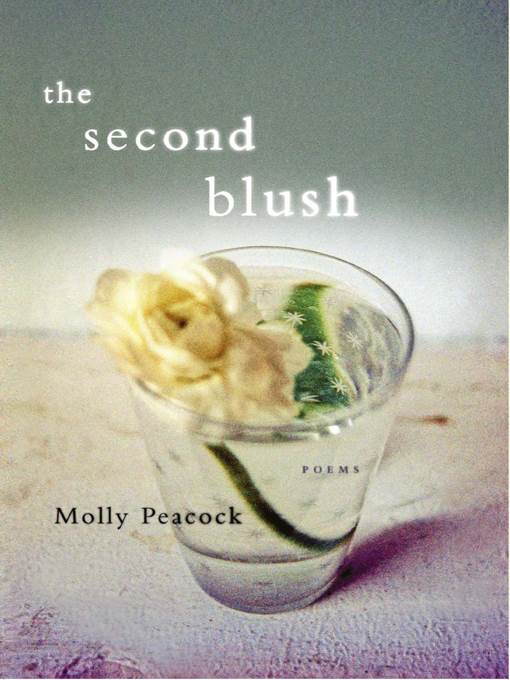
The Second Blush
Poems
کتاب های مرتبط
- اطلاعات
- نقد و بررسی
- دیدگاه کاربران
نقد و بررسی

May 19, 2008
Since the 1980s, Peacock has used her gifts for meter and rhyme to portray, and to praise, her own experience, framing brief encounters, regrets and sexual joys with energy and clarity that suggest poets from Edna St. Vincent Millay to Marilyn Hacker. This sixth collection touches on what she has shared with her husband—their first encounters as teenagers, their years apart before they fell in love as adults, his near-fatal illness and their happy life in Toronto now: “you drop a clue,/ and the land reshapes;/ I pick it up,/ and we pull through,/ so far.” This entertaining if occasionally glib volume may seem to some readers a model of how to put one's own life into verse. Yet readers who seek unity in Peacock's sixth collection might look not to its people but to its cats—the feline members in Peacock's household are the subjects of the book's strong sonnets. When one cat dies, the poet considers mortality, family and pathos more generally; when another thrives, “The sound of well-being starting/ and continuing, the full flesh clock, true/ to its pledge—now-were, now-ere—is our purr.”

July 15, 2008
Written in the afterglow of a second marriage at midlife and a love regained, the poems in Peacock's latest collection (after "Cornucopia: New and Selected Poems" in 2002) are occasions for remembrance and reassessment as the poet's consciousness moves into new emotional territory ("the land reshapes"). But mature love is not infatuation, and Peacock draws on her well-established skill at constructing concise, gracefully composed lyric poems to present a grounded perspective on the muted joys and known risks of marital domesticity. "Good Fortune" ends with "and the day will begin with something to lose," succinctly conflating the optimist's sense of promise with the pessimist's fear of failure in nine simple words. Peacock's compact philosophical meditations may be triggered by homely tasks such as dish washing, cooking, and gardening, but they transcend their mundane origins with assured eloquence and an almost startling subtlety. "Sometimes form itself makes us content," she writes in a gently punning but discerning line, and these poems are the proof. Recommended for most collections.Fred Muratori, Cornell Univ Lib., Ithaca, NY
Copyright 2008 Library Journal, LLC Used with permission.

June 1, 2008
Poems that rhyme, what joy. Homey poems about an unexpected late marriage to the calm man a shy boy from the past became, what bliss. Sweet poems of bed, cats, and kitchen time that abruptly crack open to reveal the chasm of fear and loss: powerful stuff. Peacock is in peak form in these seductive poems that swing and twirl so prettily, then suddenly, deviously, shockingly carom from contentment to despair and back again, just like life. And how spangled and vivid each domestic scene is, how electric with feelings and shadowed by death, like paintings by Bonnard or Vuillard. Because cancer made the marriage seem "a doomed possibility," because the poet is confronting the haunting absence of a beloved cat, a smashed cup, a scar, dreams of epic cold and a dead sister. But then there is also a "jeweled" drop of water. A surprising kiss. A yoga pose and its "lunging beauty." Peacock is valiant, trenchant, funny, and on point.(Reprinted with permission of Booklist, copyright 2008, American Library Association.)

























دیدگاه کاربران